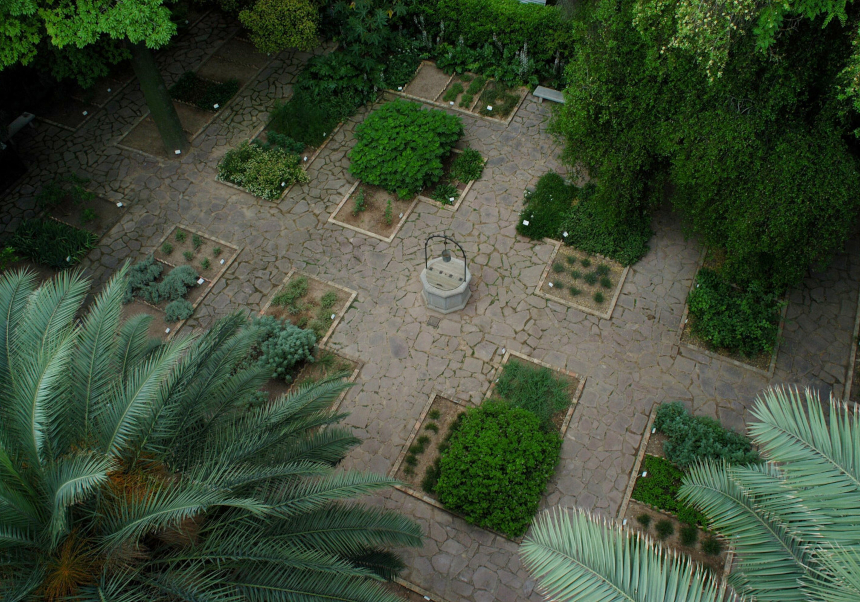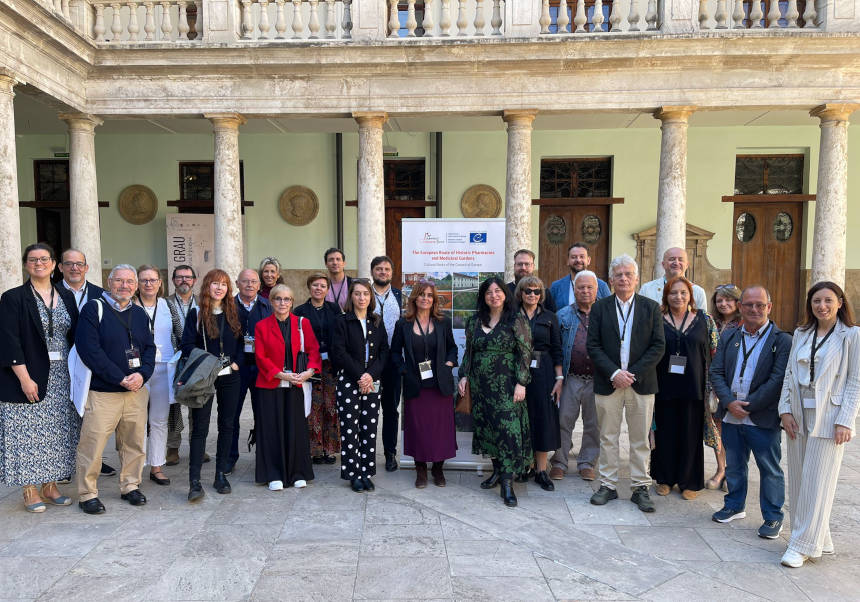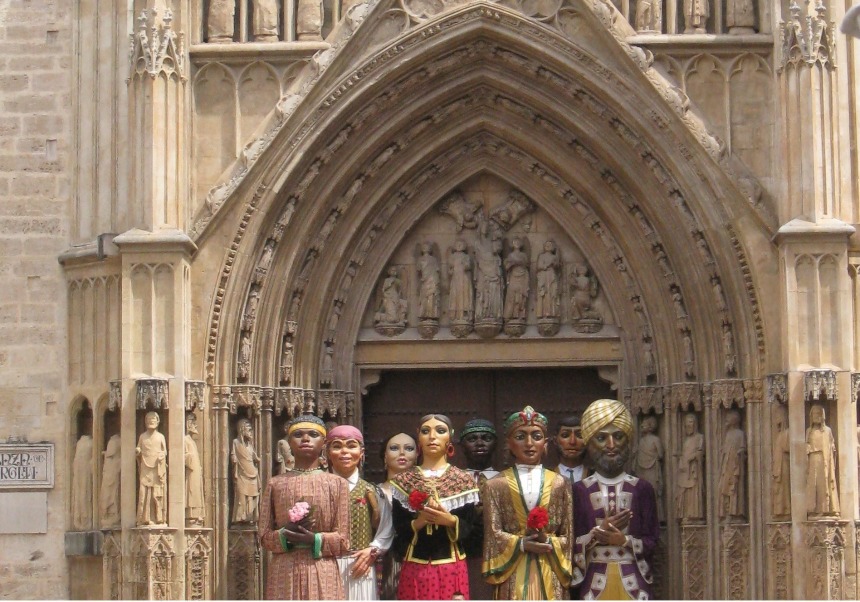The European Route of Historic Pharmacies and Medicinal Gardens, presided by the UV, to be included in a new European Cultural Route
- University Culture Service
- July 10th, 2024

The Aromas Itinerarium Salutis (AIS) association, presided by the UV, announces that the European Route of Historic Pharmacies and Medicinal Gardens is now its own Cultural Route certified by the Council of Europe. The recognition was given according to the resolution criteria of the Resolution CM/Res(2023)2 of the Committee of Ministers of the European Council. The decision was made official on 27 June by the Governing board of the Enlarged Partial Agreement on Cultural Routes (EPA).
The official release of the certificate will take place in Visegrád (Hungary), during the EPA Secretariat ceremony at the 13th Cultural Routes of the Council of Europe Annual Advisory Forum, taking place from the 25 to the 27 September. The UV is the main Headquarters because it was the founding and driving member of AIS, which was recognised by the UV Governing Council in 2021. It is presided by the UV Principal, who delegates to the Vice-Principal for Culture and Society, Ester Alba, and run by the UV Heritage Director, Marisa Vázquez de Ágredos. Its Presidency, Scientific Committee and Technical Committee include representatives of member organisations from this international consortium. Simona Tardi and Cristina Expósito de Vicente, UV pre-doctoral and postdoctoral students respectively, also work in its management from the technical secretariat.
The European Route of Historic Pharmacies and Medicinal Gardens is a unique itinerary combining emblematic places such as monastic, hospital and lay pharmacies; historical libraries; and botanical and medicinal gardens. In these, the transmission of knowledge and the traditional practices related with the therapeutic, hygienic, cosmetic, ritual, artistic or culinary usage of medicinal herbs encouraged, throughout centuries, intercultural and interreligious dialogue. The UV Botanical Garden is part of this Route as a medicinal garden.
Nowadays, the Route of Historic Pharmacies and Medicinal Gardens is represented in 11 European countries (Bosnia and Herzegovina, Bulgaria, Croatia, France, Hungary, Italy, Lithuania, Portugal, Romania, Spain and Switzerland) and works mainly in the following fields of action: promoting research and development projects around the safekeeping, museamisation and dissemination of this legacy of millenary origin; promoting cultural and educational exchanges for young Europeans, taking advantage of frameworks such as the Erasmus+ programme; documenting and disseminating contemporary cultural and artistic practices that treasure and perpetuate the rich and ancestral heritage; developing a culturally sustainable, scientific and immersive, model of tourism, committed with universal accessibility and inclusion; and applying all of the above towards a sustainable human development.
The certification as Cultural Route of the Council of Europe confirms the importance and relevance of this project within the European cultural landscape. At the same time, it is the result of an excellent collaboration and cooperation job of the members from the International Network Aromas Itinerarium Salutis (AIS). Both, President Ester Alba and Director Marisa Vázquez de Ágredos, express their gratitude towards the EPA members for the certificate, to the European Institute of Cultural Routes (EICR) and to all the contributors that made this important achievement possible.
Furthermore, between 24 and 25 October, AIS Spanish member bodies will gather at the Santa María La Real de Oseira Monastery (Ourense) for a first meeting aimed to signal the places that make up this route in our country, as well as their future opening as a culturally sustainable tourism offer. To this nation wide meeting, organised in Galicia by AIS, will assist representatives of the Ministry of Industry and Tourism, TurEspaña, and theMinistry of Culture. Simultaneously, this same national itineraries are being worked on in Italy and Romania. In all cases, these regional and national routes under the umbrella of the European Route of Historic Pharmacies and Medicinal Gardens prioritise the dialogue between the urban and rural world, taking into account areas in risk of depopulation that, through the revaluation of their cultural and natural heritage related with the medicinal field and the arrival of cultural tourism, could recover social fabric and experiment with new processes of local development.
Categories: Cultura , Patrimoni Cultural
















